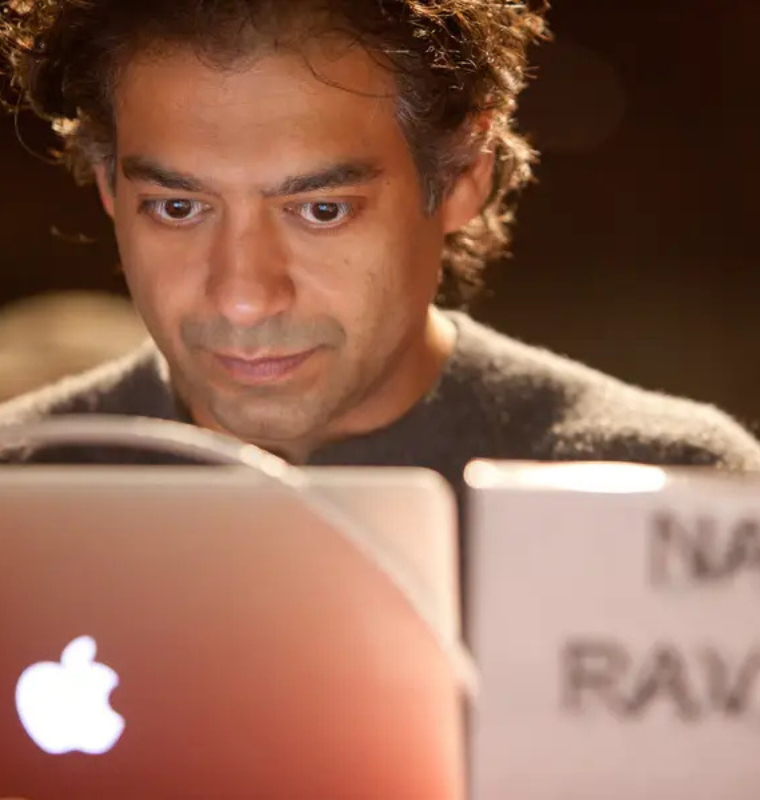Online Backlash Over Charlie Kirk’s Murder Sparks Firings and Coordinated Harassment Campaign
Online Backlash Over Charlie Kirk’s Murder Sparks Firings and Coordinated Harassment Campaign
By
Leah Rosenfeld
Last updated:
September 15, 2025
First Published:
September 15, 2025

Photo: Hindustan Times
Social Media Fallout After Charlie Kirk’s Death
In the wake of Charlie Kirk’s assassination on Wednesday, dozens of social media posts and private messages praising or commenting on his death have become the center of a coordinated online backlash. Conservative activists, Republican lawmakers, and the anonymous website “Expose Charlie’s Murderers” have spotlighted individuals behind the posts, amplifying the consequences for both private citizens and public employees.
Prominent figures such as far-right influencer Laura Loomer and elected officials including Sen. Marsha Blackburn have drawn attention to these posts, encouraging employers to take action against those whose messages have surfaced online.
The Rise of Coordinated Online Exposure
The website, which claims it has received nearly 30,000 submissions, plans to create a searchable database highlighting posts and the individuals behind them. Currently, only a few dozen entries have been published, but the platform promises a permanent archive organized by geography and profession, exposing users to public scrutiny.
Even casual social media accounts with limited followers have not been spared. Users report receiving threats, harassment, and a sense of imminent danger. Canadian journalist Rachel Gilmore, for instance, described receiving a “tsunami” of threats despite posting that she hoped Kirk survived. Similarly, former Florida data scientist Rebekah Jones reported contacting authorities twice regarding threats and the so-called “hit list.”
Cybersecurity experts describe the campaign as a coordinated harassment effort, aimed at targeting and punishing individuals, regardless of their intent or level of activism.
Firings Across Public and Private Sectors
The backlash has led to real-world consequences. Public-sector employees, including teachers, have been terminated for social media activity related to Kirk’s death.
- Middle Tennessee State University fired an employee who expressed having “ZERO sympathy” for Kirk, following a public call for removal by Sen. Blackburn.
- A public school teacher in South Carolina lost their position after GOP Rep. Nancy Mace encouraged their dismissal.
Private companies have also acted:
- Freddy’s Frozen Custard & Steakburgers and the Carolina Panthers terminated employees for posts related to Kirk.
- DC Comics canceled its newly released “Red Hood” comic series after author Gretchen Felker-Martin allegedly made posts about Kirk’s death, including a message stating, “Hope the bullet’s OK.”
Legal experts note that while private companies can generally fire employees for controversial social media posts, public-sector firings require posts to be so egregious they disrupt workplace operations. Teachers are especially scrutinized because of their influence on students.
Scope and Variety of Highlighted Posts
Not all posts were violent or explicitly celebratory. Some were critical of Kirk’s past statements, including his pro-Second Amendment views, yet were still featured on the website. The platform’s intent, experts argue, is to create a digital “hit list” that pressures employers and exposes individuals to harassment.
Observers also note that the site echoes tactics from conservative initiatives like Turning Point USA’s Professor Watchlist, which historically unmasked academics accused of radical viewpoints, often resulting in threats and public attacks.
Political and Social Implications
Analysts emphasize that this episode reflects rising polarization and weaponized social media, where online criticism can quickly escalate into real-world consequences. Scholars warn that the framing of critics as part of an amorphous political enemy fuels a false culture war narrative, magnifying threats and harassment beyond the original context of posts.
Whitney Phillips, a media ethics professor, stated that labeling people as celebratory or critical of Kirk can transform disconnected groups into perceived existential enemies, intensifying political tensions and social polarization.
Looking Ahead
The aftermath of Kirk’s murder demonstrates how social media, doxxing, and political pressure increasingly intersect with employment decisions. With thousands of posts collected and potentially searchable, this coordinated campaign may continue to influence workplaces, spark legal debates, and shape the boundaries of online expression in politically charged environments.
The situation highlights the urgent need for individuals to understand the real-world consequences of digital activity and the growing power of coordinated online campaigns in shaping careers and reputations.
Popular articles
Subscribe to unlock premium content
Bolivia How Lithium Mining Policies Are Positioning It as the Next Global EV Battery Hub

Naval Ravikant The Angel Investments That Quietly Made Him a Multimillionaire

Rising From the Rubble Lessons From Billionaires Who Failed 10 Times Before Success

Bolivia How Lithium Mining Policies Are Positioning It as the Next Global EV Battery Hub

Naval Ravikant The Angel Investments That Quietly Made Him a Multimillionaire

Bolivia How Lithium Mining Policies Are Positioning It as the Next Global EV Battery Hub









